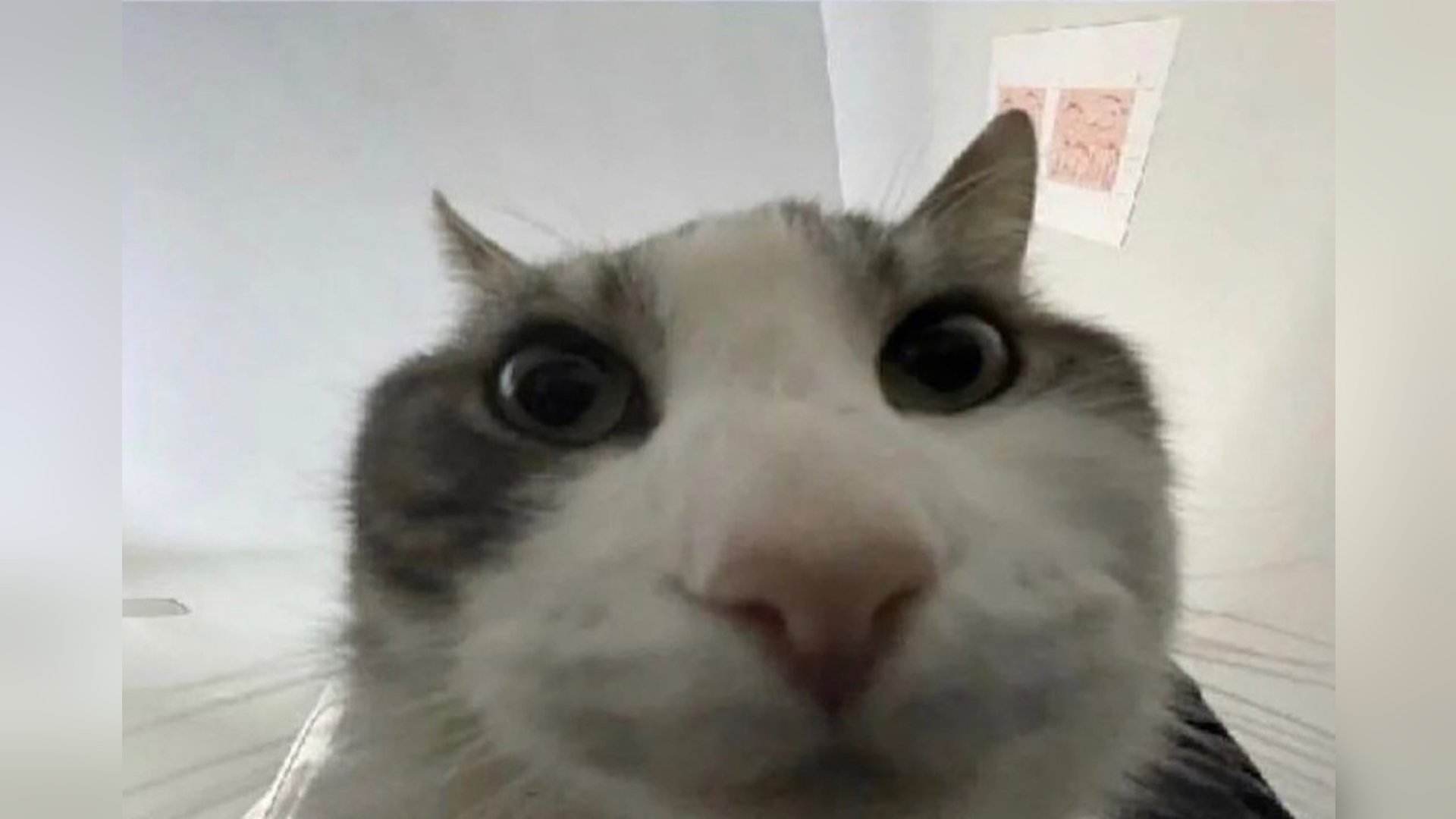Lets take a little break from politics and have us a real atheist conversation.
Personally, I’m open to the idea of the existence of supernatural phenomena, and I believe mainstream religions are actually complicated incomplete stories full of misinterpretations, misunderstandings, and half-truths.
Basically, I think that these stories are not as simple and straightforward as they seem to be to religious people. I feel like there is a lot more to them. Concluding that all these stories are just made up or came out of nowhere is kind of hard for me.


Sorry but I’m going to call out what I see as some pretty blatant motte-and-bailey argumentation by the OP and their offense taken to people trying to nail down the definition of supernatural is illustrative.
They have their bailey, belief in things like the occult, ghosts, demons, etc, that are almost certainly bullshit. To the extent that they can be falsified, they have been. This is the typical definition of what people think when you say “supernatural” and people are right to answer “no” when asked if they believe in it.
But then you have OP falling back on their motte when this happens, taking a nebulous definition of supernatural and asking rhetorical philosophical questions about reality, perception, and the unknown. The fallacy is that these questions do nothing to strengthen or refute the original argument about the supernatural.
Nobody is here to argue that nothing is unknown and even unknowable but that doesn’t make the things that people typically call “supernatural” any less bullshit. Demons and ghosts are just not the kinds of things that are waiting around to surprise us. And shifting the conversation from your bailey to your motte to protect your feelings on the former is not a good way to have a friendly debate.
All that aside, if you are interested in expanding your understanding of the universe then I’d really encourage you to divert the effort you’re putting into the “supernatural” into learning about the actual natural universe instead. Our universe really is fantastic on its own. There’s plenty of interesting, wacky, and unknown things happening all around us that you can learn about without resorting to magic. If anything, magic is the boring answer imo.
You say that people are right to answer “no” when asked if they believe in this stuff. That is just not true at all. That’s because that as much as good evidence can be hard to come by for supernatural stuff, there is also no official evidence whatsoever that proves that such things do not exist. Therefore, the most accurate answer should really be “I don’t know”, because of the subject’s unfalsifiable nature, and how it’s outside scientific testing. You still have a right to say “yes”, or “no” though.
That “nebulous” definition of supernatural that I keep using IS the literal definition of the word. You even described it yourself how I described it on your second paragraph, first line. Yes, I have been “asking philosophical questions about reality, perception, and the unknown”. And why can’t I do that? My post is an open-ended question. This means that the conversation can go anywhere, provided that the context continues to match the topic of the post. What do you mean by “original argument about the supernatural”? Again, this post is meant to be an open-ended question where others contribute their thoughts on the supernatural, I share my opinions on their thoughts, and we agree, or disagree. There is no “original argument about the supernatural”.
Actually, people here have argued such, as supernatural phenomena is a mysterious topic. Nowhere have I declared that there are no BS claims in the supernatural world. However, saying that all supernatural claims are complete BS without evidence supporting it is a biased take. Some are debunked, and some aren’t, which is how we end up with unexplained claims that are beyond rational explanation. A scenario like this is the reason why we should stay open-minded about supernatural phenomena, instead of completely denouncing it.
I’ll tell you why I say the answer is no to whether or not the occult, demons, or ghosts exist. There’s a phenomenon in statistics where if you were to select a random element from an infinite set of equally probable elements, the probability that a specific element will be selected is 0%. Not close to 0, literally 0.
These kinds of supernatural phenomena that have no evidence belong to an infinite set of equally unlikely phenomena with no evidence. Their likelihood of being real is 0%. Only when phenomena has some tangible evidence explaining it can we elevate it to a finite set with a non-zero likelihood of being real.
If that’s your stance, it’s ok. We can agree to disagree. I still choose to sit on the fence.
That statement right there sums up the problem.
No, you cannot prove that the supernatural does not exist. The same way you cannot prove that god doesn’t exist, or that there isn’t a teakettle in orbit around the sun between Venus and Mercury. The lack of evidence against their existence is not evidence for it. However, since there have been so many claims of supernatural phenomena, gods and near-sun teakettles, and none of them have been shown to be true, I feel confident in saying that they don’t exist.
Here are some interesting counterpoints though…
The James Randi prize has never been claimed. No person has been able to demonstrate the existence of supernatural phenomena in order to claim an easy 1 million dollars.
Everything that has ever been discovered has turned out to be not magic.